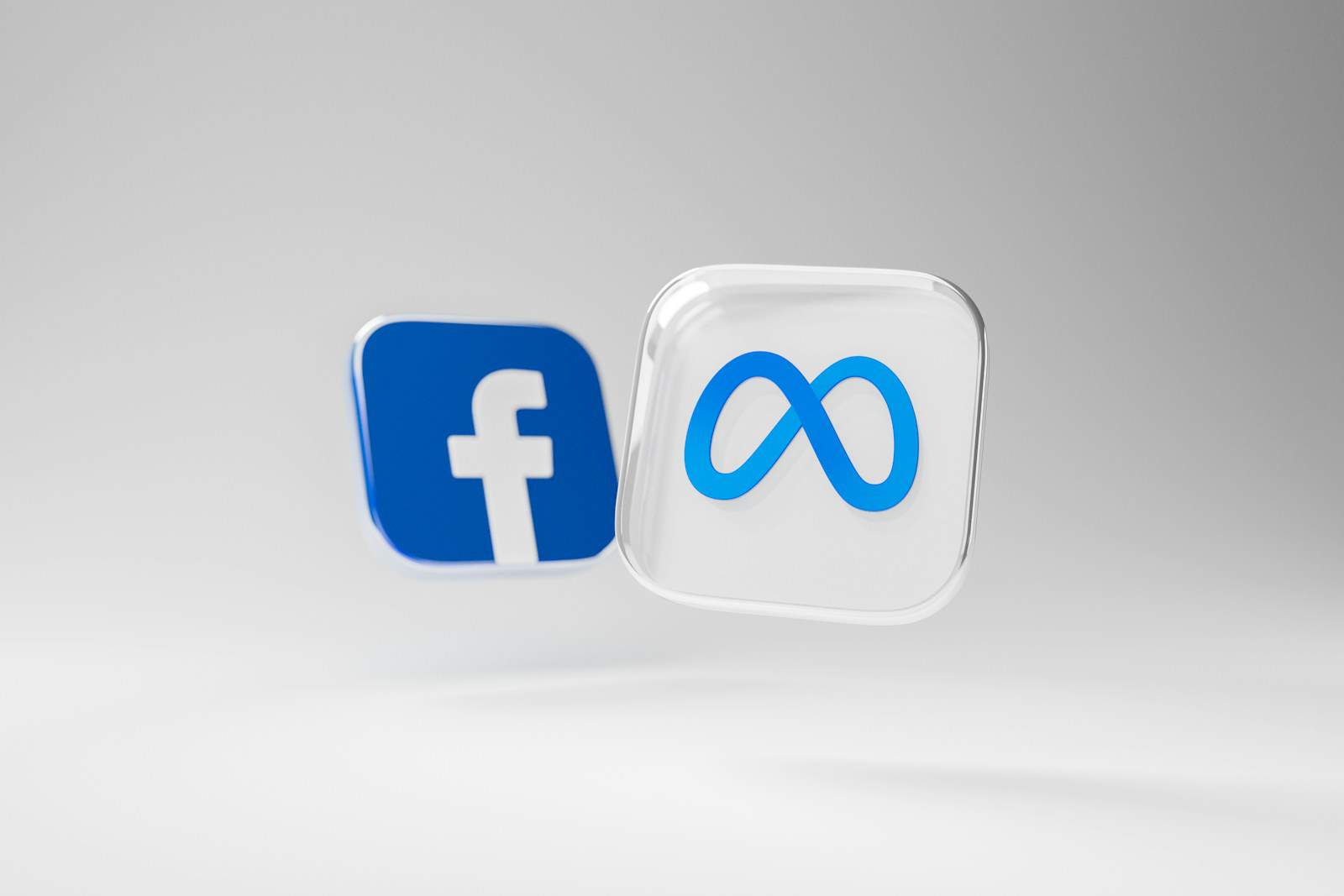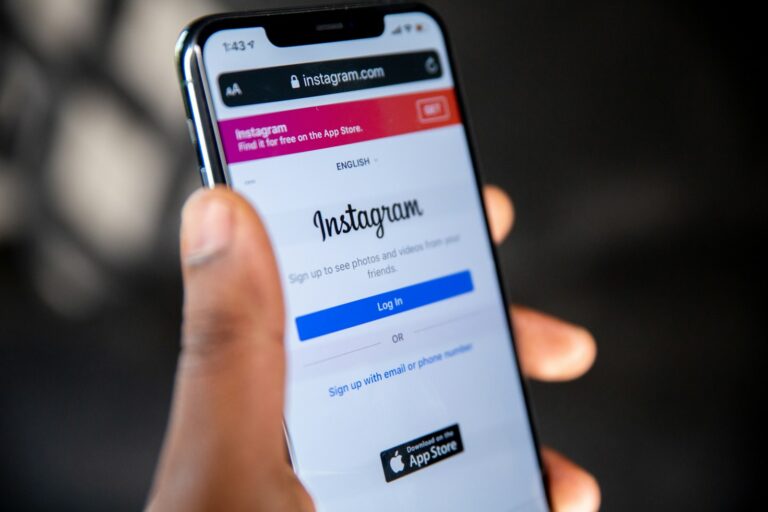
Understanding how much data Facebook collects is very important because it affects millions of users all over the world. Facebook gathers many kinds of information, from basic profile details to things like which posts and ads people interact with. It keeps track of what people do on the platform, such as when they ‘like’ things and share posts, as well as when they log in and what devices they use. Facebook also collects data when people visit other websites and apps that use its services.
This includes things like the ‘Like’ button. In addition to what’s visible, Facebook also collects more technical details like IP addresses, browser information, and the types of ads people click on. This wide-ranging collection serves different purposes, like showing ads to the right people, making the user experience better, and improving security. It’s important for users to be aware of this level of data collection and how it can affect their privacy and personal information security.
Your Digital Footprint On Facebook
The true power of Facebook’s website stems from an astonishingly deep understanding of its users. Facebook gathers a huge variety of data to build VERY detailed user profiles. This begs the question: What information does Facebook actually collect, and how?
Data You Directly Provide
- Profile Information: The very foundation of your Facebook experience starts with what you share: name, email address, birthdate, gender, relationship status, where you live, and potentially even your phone number.
- Content You Create and Share: This encompasses everything from your posts and status updates to the photos and videos you upload, the groups you join, and the events you attend.
- Messages and Connections: Facebook keeps records of not just who you’re messaging but also the content of those private conversations within Facebook Messenger.
Data Collected Beyond Your Input
- Device Information: Facebook tracks the types of devices you use (computer, phone, tablet), your operating system, browser type, IP address, and your device identifiers. This aids in tailoring the interface for your specific devices.
- Location Data: If you have location services enabled, Facebook can collect precise location data from your device’s GPS, Wi-Fi connections, and Bluetooth. This tells them where you go and when.
- Usage Patterns: Facebook intensely analyzes your activity. This includes how long you spend on the platform, the features you use, what you click on, the people and pages you interact with most, and even how often you scroll.
- Activity on Other Websites and Apps: Through tools like the “Facebook Pixel” and “Like” buttons embedded on countless external websites, Facebook monitors your activity outside of its own platform.
- Purchases and Financial Information: In areas where Facebook Marketplace is active or if you connect a payment method, they may store purchase history and payment details.
Types of Data Facebook Collects
| Type of Data | Examples |
|---|---|
| Directly Provided | Name, email, phone number, photos, posts, messages |
| Device and Location | IP address, device type, location data |
| Your Activity on Facebook | Pages liked, events attended, time spent scrolling |
| Activity Outside Facebook | Websites visited, purchases on other sites |
| Financial | Payment information (in certain contexts) |
Why Does Facebook Collect All This Data?
Primarily, all this information fuels Facebook’s lucrative advertising business. By understanding your interests, demographics, and behaviors, they can serve highly personalized ads that are more likely to catch your attention. Additionally, this data can be used for:
- Improving User Experience: Tailoring your newsfeed and suggestions
- Market Research: Identifying trends and potential new features
- Security: Combatting fraud and spam
Taking Control
You have some control over your privacy settings on Facebook. Check your account settings to manage data permissions and review what information Facebook has collected about you. However, fully opting out of Facebook’s data collection is difficult, if not impossible.
Key Takeaways
- Facebook collects extensive details, including user interactions, device information, and usage times.
- Technical data such as IP addresses and ad interaction is also tracked for various purposes.
- Users should understand Facebook’s data collection scope due to its privacy implications.
Data Collection on Facebook
Facebook is meticulous in tracking a vast array of user information. This is central for providing personalized user experiences and targeted advertising.
Types of Information Collected
- Personal Information: Includes name, age, and birth date.
- Contacts: Facebook may access contact lists to help users connect with friends.
- Photos and Videos: Uploaded media can include metadata like location.
- IP Address: Logged to determine user’s geographical location.
- Metadata: Information about how users interact with the service.
Data Collection Methods
- Cookies: Track user activity across websites to tailor ads and services.
- Device Information: Collects data from phones, computers, or connected TVs.
- User Surveys: Occasionally employs questionnaires to gather feedback and data.
- App Interactions: Tracks how users engage with its different apps.
Information from Third-Party Sources
- Data Brokers: Information purchased to supplement existing user profiles.
- Advertiser Partners: Share data on user interactions with ads outside Facebook.
- Websites and Apps: Provide usage data via Facebook’s analytics services.
By highlighting these specifics, the scope and breadth of Facebook’s data collection efforts are brought to light, showing its commitment to understanding user preferences. The information is leveraged to build detailed profiles that assist in delivering a customized experience and aligning advertisements with individual interests.
Data Usage and Sharing
This section breaks down the specifics of how Facebook utilizes the data it collects and the nature of its sharing practices.
How Facebook Uses Data
Facebook uses data to tailor the user experience across its services, including Instagram. This includes personalizing content, suggesting connections, improving ad relevance, and enhancing overall service security. For instance, using location tracking, Facebook can serve targeted ads based on a user’s whereabouts or search history. Technological tools like the Facebook Pixel help businesses understand site visits, which can influence the ads you see.
Data Sharing Practices
Facebook shares information with third parties, maintaining that this is to provide better services to users. However, they limit the information shared based on their privacy policy and what they deem necessary for those services. They may also respond to legal requests for data when they believe in good faith that the law requires it. The platform’s data sharing is a subject of scrutiny, emphasized by regulations like GDPR, which seeks to strengthen data protection.
Data and Advertising
Advertising is Facebook’s primary revenue source, and the platform uses a vast amount of data to serve targeted ads. The ad preferences tool allows users to influence their ad experience by picking which ads are shown based on interests and online behavior. Advertisers can use Facebook’s tools to reach specific demographics, helped by metrics from the Facebook Pixel and insights into off-Facebook activity. Facebook continues to evolve its privacy policy, striving to balance user trust with the needs of advertisers.
Frequently Asked Questions
The following questions and answers offer clear insights into how Facebook handles user data, outlining their practices, the extents of data collection, and the means by which they gather information.
How does Facebook’s Privacy Policy describe their data collection practices?
Facebook’s Privacy Policy states that they collect data to provide, personalize, and improve their services. This includes information you provide directly, data about your usage, and information from third parties.
In what ways may Facebook collect user data without consent?
Facebook has been known to track both users and non-users on other websites and apps. They have also collected biometric facial data in some instances without an explicit “opt-in” from users.
What are the recent changes to Facebook’s Privacy Policy in 2023?
In 2023, Facebook updated their Privacy Policy to provide more clarity on data handling. This reflected changes in regulations and further explained the types of data collected and processed.
What types of data is Facebook known to sell or share with third parties?
Facebook is known to share user data with advertisers and third parties for targeted advertising. This includes demographics, interests, and behavioral data gleaned from user interactions on the platform.
Does Facebook monitor and track user internet activity outside of their platform?
Yes, Facebook collects data on user activity outside of their platform through technologies like Facebook Pixel and social plugins embedded in other sites.
Which tools and methods does Facebook use for data collection?
Facebook uses various tools for data collection, such as cookies, log files, and device information. They also use algorithms to analyze user content and interactions for targeted advertising.






